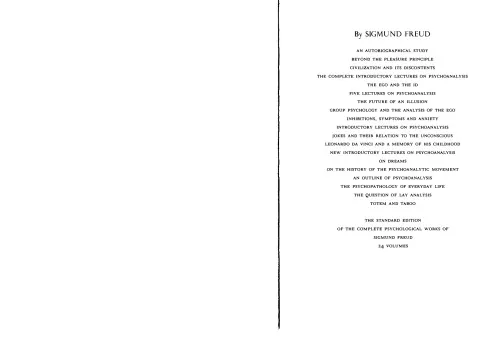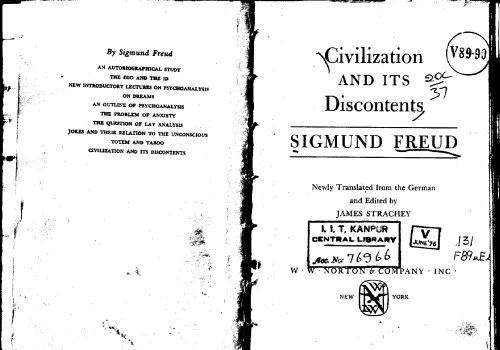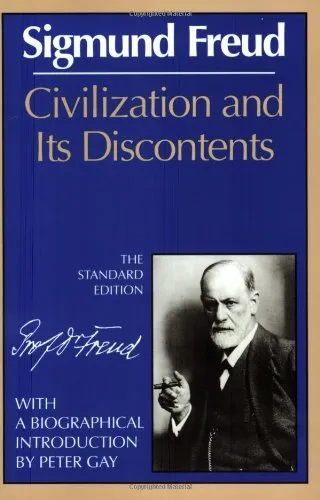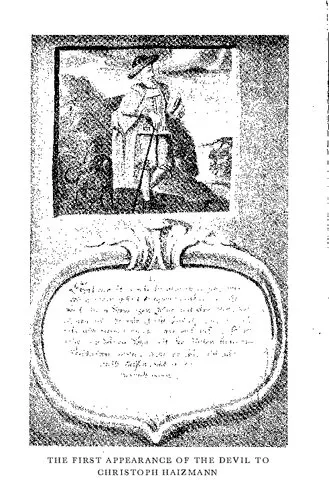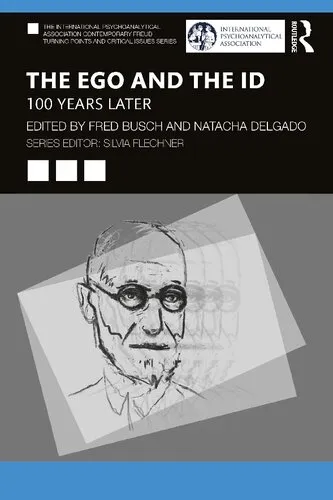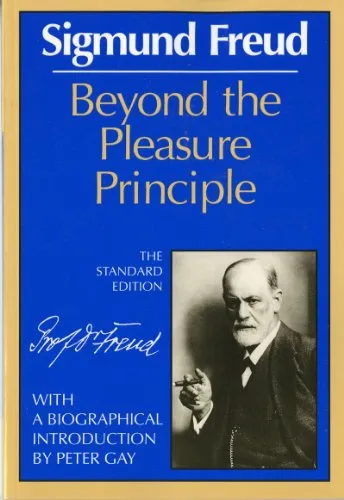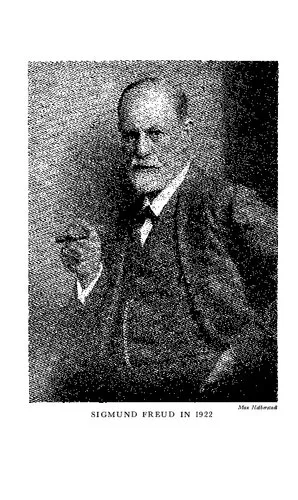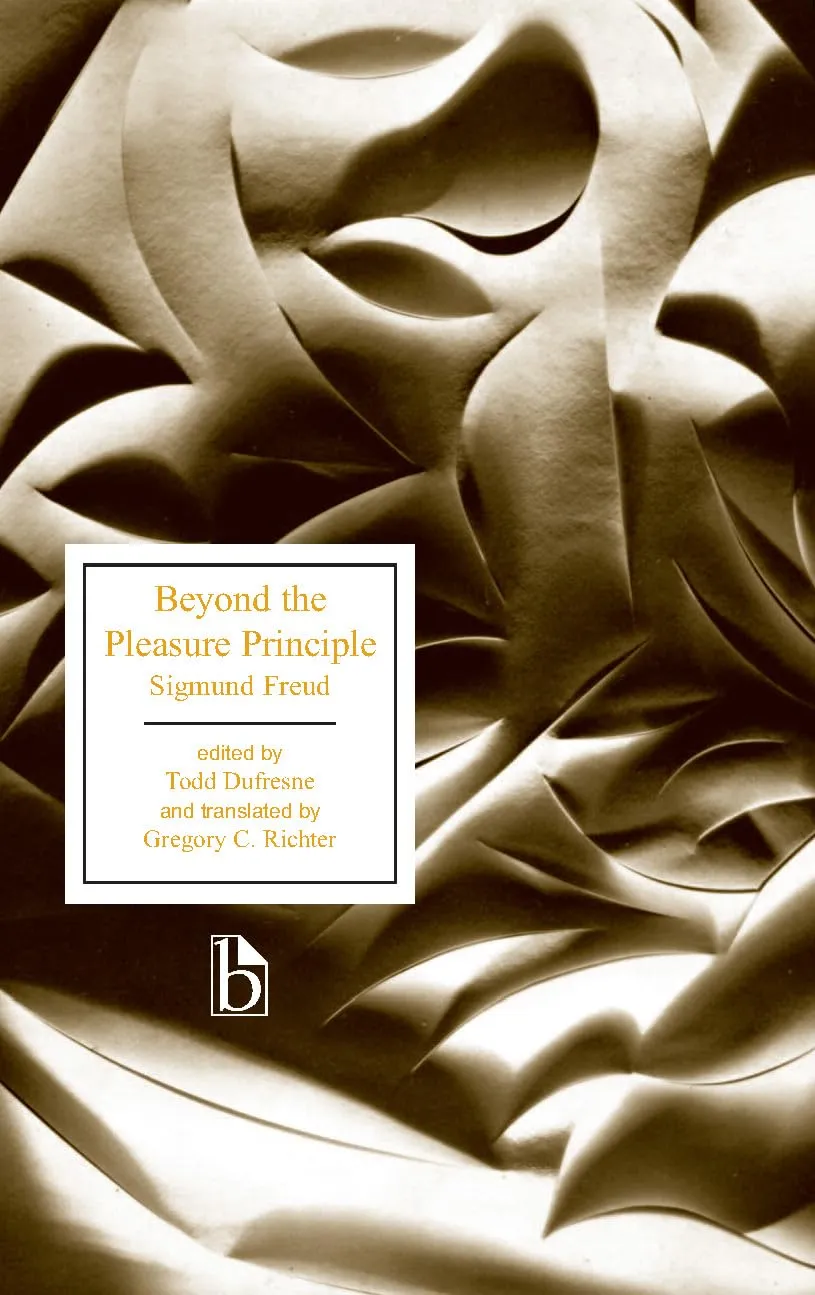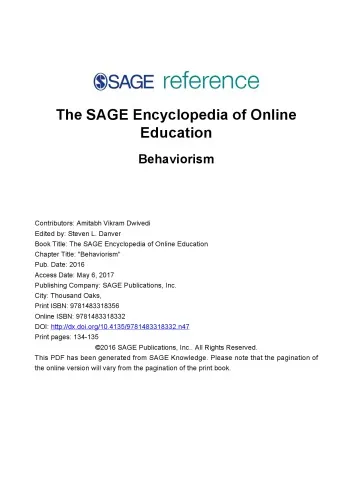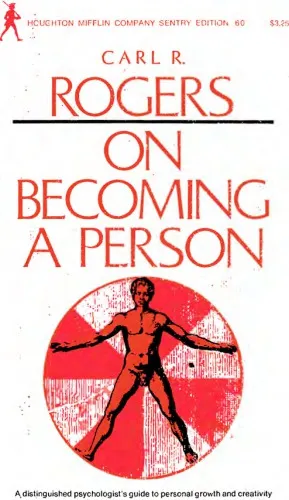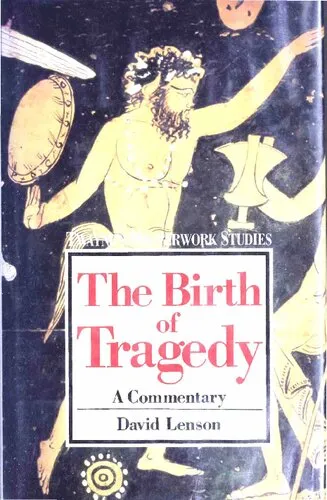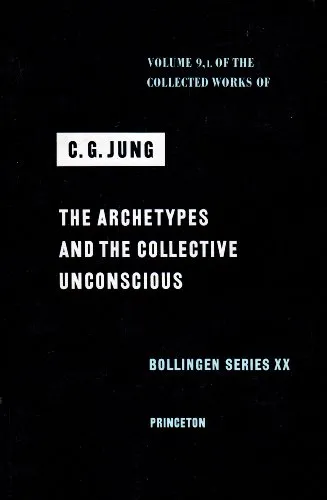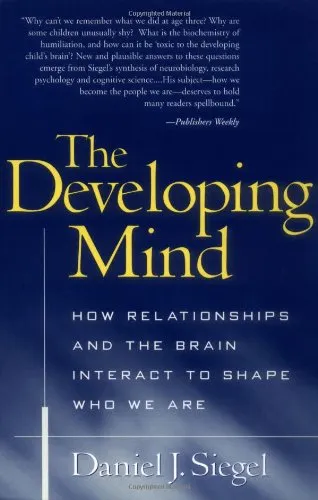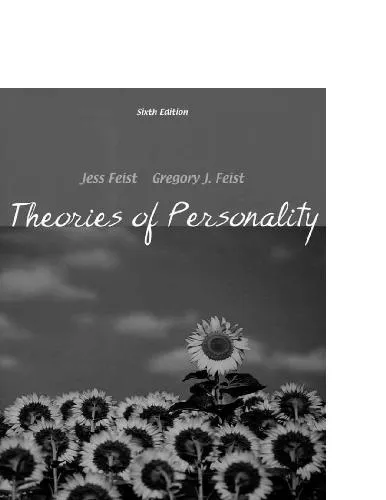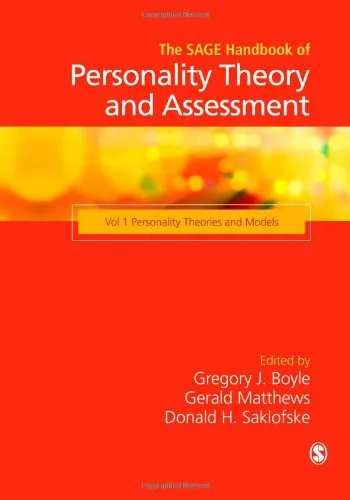The Ego and the Id
4.6
Reviews from our users

You Can Ask your questions from this book's AI after Login
Each download or ask from book AI costs 2 points. To earn more free points, please visit the Points Guide Page and complete some valuable actions.کتاب های مرتبط:
Welcome to a comprehensive introduction to Sigmund Freud's seminal work, The Ego and the Id. This book, first published in 1923, delves into the profound depths of human psychology, introducing key concepts that have shaped the landscape of psychoanalytic theory. In this introduction, we will explore a detailed summary of the book, highlight its key takeaways, present some of the most famous quotes, and discuss why this timeless text still matters today.
Detailed Summary of the Book
In The Ego and the Id, Freud expands upon his earlier theories of the psyche's structure, first introduced in his topographical model, by presenting the structural model. This new model elucidates the complex interplay between three fundamental components of the mind: the id, the ego, and the superego.
The id is described as the primitive, instinctual part of the mind that operates according to the pleasure principle. It seeks immediate gratification for its urges and desires, dwelling in the unconscious mind. The ego, conversely, functions in both the conscious and unconscious realms, operating according to the reality principle. It mediates between the desires of the id and the moralistic demands of the superego, which embodies societal norms and ethics.
This book is revolutionary in its insights into how these components interact within the individual, shaping behavior and personality. Freud suggests that much of human behavior is influenced by unconscious motivations, revealing the complexity of human actions and experiences.
Key Takeaways
- The mind is structured into three distinct parts: the id, ego, and superego, each playing a crucial role in shaping personality and behavior.
- The id represents instinctual desires and is driven by the need for immediate gratification.
- The ego acts as the rational part of the mind, mediating the demands of the id and the superego.
- The superego incorporates the values and morals of society, striving for perfection and often conflicting with the id’s desires.
- Unconscious processes play a significant role in human psychology, influencing behavior and experiences beyond conscious awareness.
Famous Quotes from the Book
"The ego is not master in its own house."
“Where id was, there ego shall be.”
Why This Book Matters
The Ego and the Id marks a pivotal point in psychology, offering a more nuanced understanding of the human mind. It represents a shift from a singular view of human consciousness to a multifaceted perspective, acknowledging the conflict and cooperation between various components of the psyche.
The insights from this book have not only influenced the field of psychoanalysis but have also permeated other disciplines, including education, art, literature, and even popular culture. Freud’s exploration of the unconscious continues to inspire both clinicians and scholars in examining the roots of human behavior, making this work an invaluable resource for anyone interested in the complexities of the human mind.
To this day, Freud’s concepts of the id, ego, and superego provide foundational knowledge in psychology, offering tools to understand both normal and pathological human behavior. By critically examining the dynamics within the mind, Freud’s writings challenge us to perceive our internal world in a transformative way.
Free Direct Download
You Can Download this book after Login
Accessing books through legal platforms and public libraries not only supports the rights of authors and publishers but also contributes to the sustainability of reading culture. Before downloading, please take a moment to consider these options.
Find this book on other platforms:
WorldCat helps you find books in libraries worldwide.
See ratings, reviews, and discussions on Goodreads.
Find and buy rare or used books on AbeBooks.
1428
بازدید4.6
امتیاز0
نظر98%
رضایتReviews:
4.6
Based on 0 users review
Questions & Answers
Ask questions about this book or help others by answering
No questions yet. Be the first to ask!
